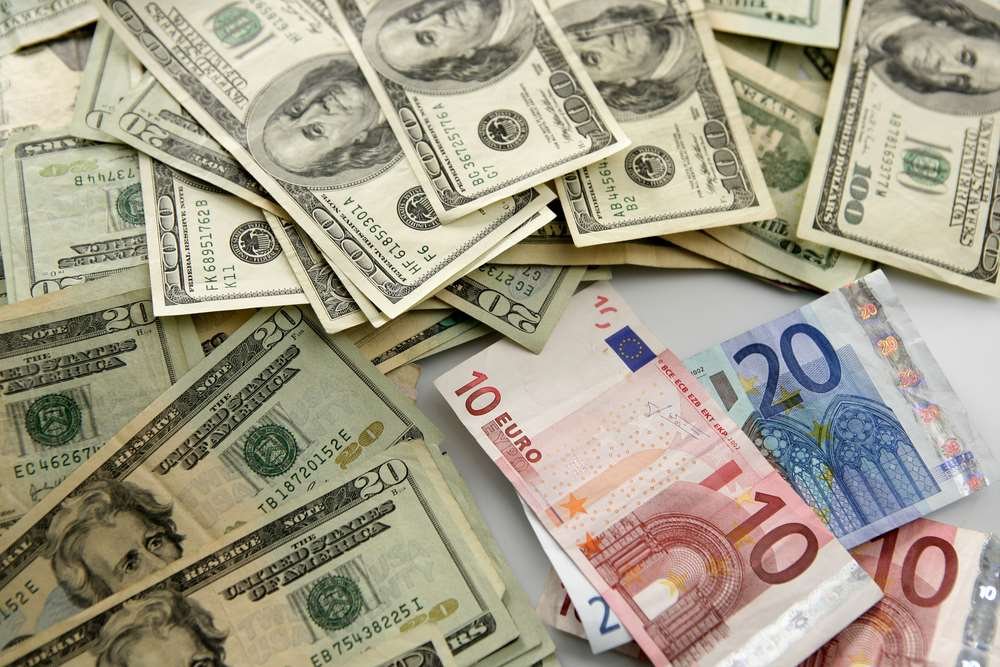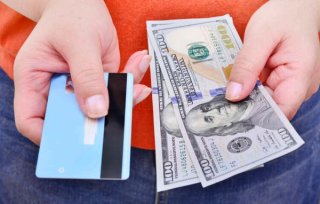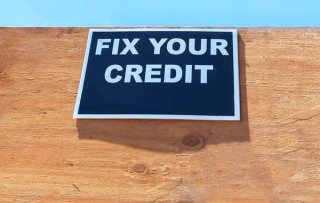How to Exchange Currency
Published by Gbaf News
Posted on August 9, 2018
3 min readLast updated: January 21, 2026

Published by Gbaf News
Posted on August 9, 2018
3 min readLast updated: January 21, 2026

Changing money for a holiday or business trip is a fundamental part of any trip – but for many, convenience is the most important part of this process, with many opting to change their money at outlets that offer the worst exchange rates on the market, thereby losing out on the amount they have available to spend when they reach their destination.
For example, airport exchanges are an costly option, as many charge a fee or service charge, and the exchange rate you get can be seven to 15 percent worse than the standard rate received on the high street. For many, this is the only option as they simply do not understand that there are a range of rates on offer for exchanging money, depending on where you do it. But where else suits where getting the best rate for changing money is concerned?
Credit or debit cards
This is a widely used method of purchasing currency, mainly because going down this routes means that the current rate of exchange is always used. In addition to this, as a way of driving loyalty, some waive transaction fees, which leads to further savings in the process. Indeed, using a debit card with no foreign transaction fees charged and a credit card with no foreign transaction fees, can provide savings of at least five percent.
Cashpoints/ ATMS
Much like debit and credit cards, these use the current rate and provide the best deal as a result. However, there is no hard and fast rule to when fees will be charged so it is vital that travellers check this at the particular cashpoint they are using, as it will be clearly highlighted before confirming a withdrawal.
When using cashpoints while on holiday and outside of the UK, it is important to remember that fees may apply here, so it is advisable to take out larger amounts if possible to minimise the amount of times needed to use the facility. Of course, remembering to keep cash out of sight when doing this is vital from a safety perspective, so it is also important not to go alone if possible and ensure there is someone else there.
When using your bank BEFORE you travel, remember…
…that there are major demands on banks on a daily basis, so it best to order foreign currency in advance from a bank which should only take a day or so to process. While this requires careful planning, it is a better option than purchasing at an airport.
Exchange money at your destination
Many cities have currency houses where money can be exchanged. Despite these offering convenience, they all offer different exchange rates, meaning that valuable time that could be used to relax is spent looking at the rates in different outlets in order to save two percent on a transaction.
Pre-paid cards
Alternatively, opt for a pre-paid travel card, which allows users to load foreign currency onto what’s essentially a traveling gift card, though those typically carry an annual fee.
In conclusion, whatever the method chosen, there are likely to be fees but by avoiding those that incur the largest ones, travellers can remain savvy and ensure that as much of their hard earned money is available to them as possible – making a holiday more what it is made for – relaxation!
Explore more articles in the How To category











